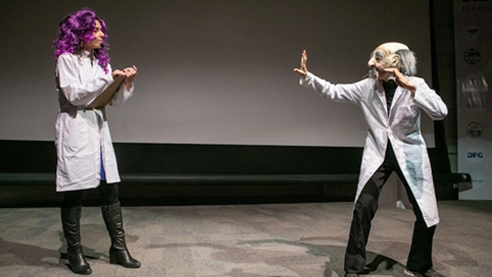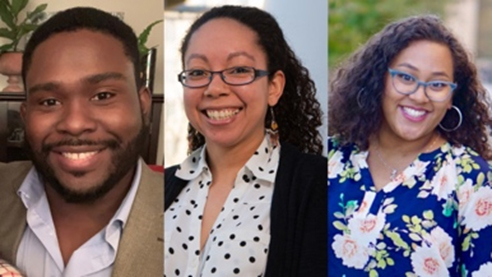
Diversity has many dimensions including race/ethnicity, gender, disability, sexual orientation and socioeconomic background, among others.
The scientific endeavor lacks some of these forms of diversity. In particular women and black people are under-represented within the scientific community.
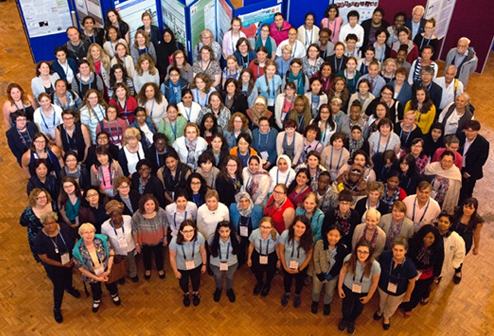
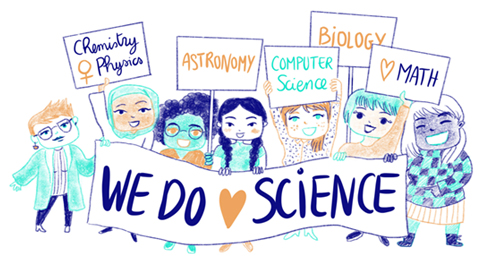
Diversity in science refers to cultivating talent, and promoting the full inclusion of excellence across the social spectrum. The IUPAP has long assumed the responsibility of implementing strategies to diversify its membership, to increase diversity within its officers and commissions and working group members and to encourage the adoption of policies by institutions, scientific societies, funding agencies and other key players of the scientific enterprise to advance in this regard.
It is increasingly clear that scientific careers are strongly affected by social and cultural factors and are not determined solely by merit. Active policies are necessary to change the current situation of inequality. The search for excellence that unites all scientists can be maintained and enhanced by increasing the diversity of its practitioners. Great discoveries thrive on cross-cultural diversity. The attainment of such diversity needs revised criteria for judging excellence, free of cultural perceptions of talent and promise.
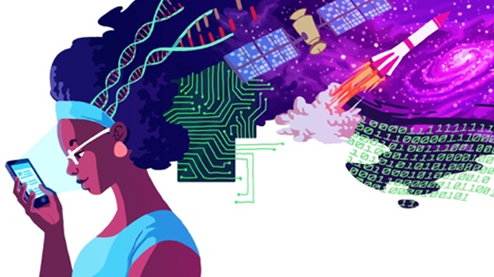
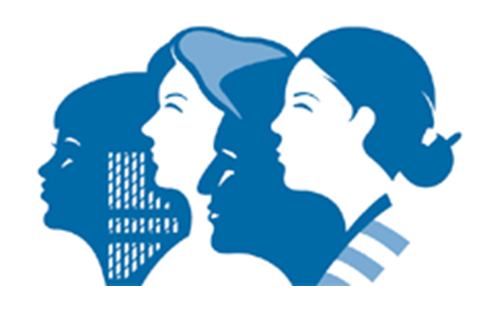
The IUPAP has a long stance in support of diversity in physics. It created the Working Group on Women in Physics in 1999 and the position of Vice-President at Large with Gender Champion responsibilities in 2011.
A set of guidelines were established for the sponsorship of conferences to guarantee that women are fairly represented among participants, speakers and members of committees, and that conferences take place in an atmosphere free of sexual harassment and discrimination . The writing of the Waterloo Charter for Women in Physics, where the IUPAP’s guiding principles in this regard are set, was finalized and hopefully will be approved by the 2021 General Assembly. This continued work has also progressed into a joint effort with unions of other disciplines within the framework of the Gender Gap in Science project and with the conformation of the Standing Committee for Gender Equality in Science.
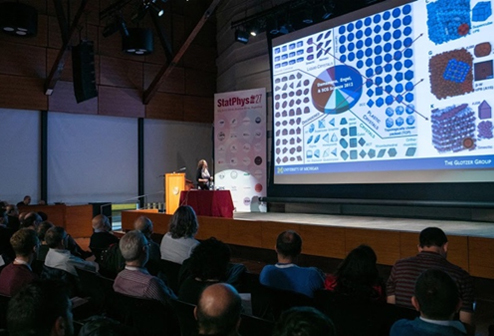
The IUPAP is planning to build on this work on gender (which is still necessary) to consider other areas where there is discrimination, conscious or not, such as disability and ethnicity. In this regard, in June 2020 it issued a statement against racism and in favor of diversity and inclusiveness in view of the events that were triggered by the brutal killing of George Floyd at hands of the police in the USA.
